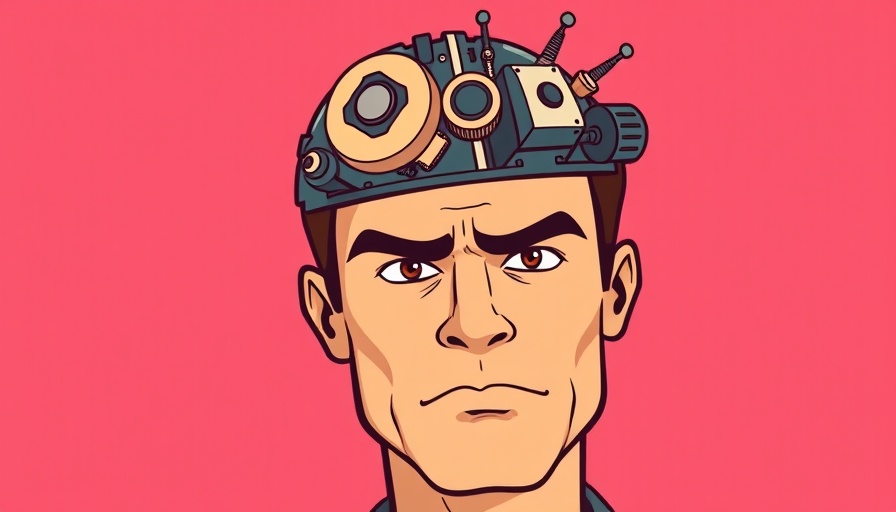
The Emergence of 'PhD-level' AI: A New Era in Technology
In the fast-evolving landscape of artificial intelligence, a new term is gaining traction: "PhD-level AI." This concept refers to AI agents that possess capabilities typically associated with advanced human expertise, particularly in research and complex problem-solving. As companies like OpenAI prepare to roll out these sophisticated tools, which may include a staggering subscription price of $20,000 per month, the definition and implications of this new technology are becoming increasingly relevant.
What Defines 'PhD-level' AI?
At its core, PhD-level AI signifies an advanced set of capabilities that allow machines to perform tasks usually reserved for human scholars. This includes advanced research methodologies, coding and debugging complex software, as well as analyzing extensive datasets to produce insightful reports. OpenAI's claims about PhD-level performance are greatly substantiated by benchmarking tests, where their AI models have shown performance metrics comparable to those of real PhD candidates in various fields. For example, OpenAI's latest series of models, known as the o3 and o3-mini, apply a novel technique called "private chain of thought," simulating a reasoning process akin to how humans tackle a complex problem through iterative thinking and problem-solving.
High Prices Come with High Expectations
For tech enthusiasts, the introduction of AI agents priced at $20,000 per month raises questions about not only their functionality but also their value. Customers investing in this premium tier would be gaining access to extensive processing time, allowing the AI to engage deeply with tasks that require substantial intellectual labor. As noted by TechCrunch, OpenAI is also working on various specialized agents for different use cases, including a $10,000 software developer AI and a $2,000 tier designed to assist high-income knowledge workers, showcasing the wide-ranging applications of AI in various sectors.
The Bigger Picture: AI's Role in Research and Society
As we look ahead, the advent of these high-level AI tools could revolutionize not just industries such as software development and marketing, but also higher education and research. Imagine an AI agent capable of independently conducting literature reviews, drafting papers, and even contributing original thoughts to a field. The potential for deep reasoning AI to augment academic work is unprecedented, offering support for researchers to tackle larger-scale projects while perhaps alleviating some of the burden of rigorous academic demands.
Contrasting Views: Opportunity vs. Challenge
However, the rollout of PhD-level AI is not without its skeptics. Some critics argue that while these tools can enhance productivity, they may also diminish the value of human expertise and insight. As the lines blur between human and artificial intelligence, ethical considerations regarding authorship and intellectual property become pressing. Moreover, there's a rising concern that excessive reliance on AI in academia could lead to devaluation of human research efforts, compounding issues around academic integrity and originality.
The Road Ahead: What’s Next for AI?
As OpenAI gears up for the launch of these distinguished AI agents, the tech community is watching closely. The financial backing from stakeholders like SoftBank signals strong market confidence, suggesting that the appetite for such deep reasoning capabilities is robust. It's clear that we are only at the cusp of understanding how these advanced AI tools will shape our workflows and knowledge industries.
Transformative Potential Awaits: Are You Ready to Embrace It?
In essence, the narrative surrounding PhD-level AI isn't just about technology—it's about how we as a society choose to leverage these advancements to improve our lives. The significance lies not merely in the AI's capabilities but in the broader implications for education, work, and innovation. To adapt to this changing landscape means embracing not only the tools but also an evolving mindset about knowledge and creativity.
As we position ourselves for the future, tech enthusiasts and innovators alike should remain engaged with the developments in this field, especially as AI continues to mature and integrate into our daily lives. How ready are you to delve into the realm of AI agents, and what possibilities do you envision?
 Add Row
Add Row  Add
Add 




 Add Row
Add Row  Add
Add 

Write A Comment